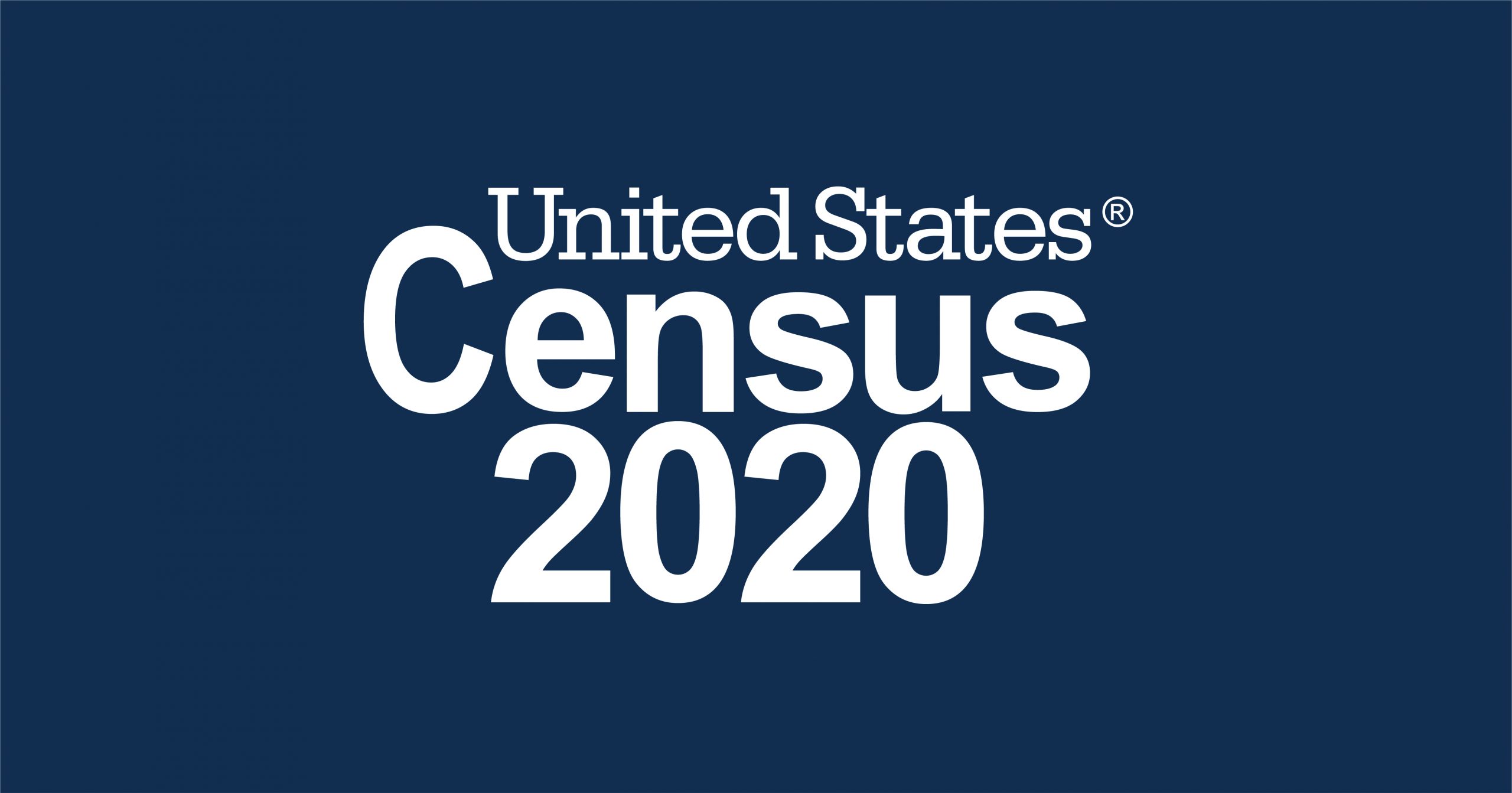
Note: This press release is also available in
Spanish.
Suit comes at a time when Delaware response rates are lagging.
Attorney General Kathy Jennings has joined a large coalition of attorneys general, cities, counties, and the bipartisan U.S. Conference of Mayors in taking legal action against the Trump Administration’s impairment of the 2020 Decennial Census. The coalition filed an amicus brief in National Urban League v. Ross supporting the plaintiffs’ request for a nationwide stay or preliminary injunction to halt this “Rush Plan.” The expedited schedule will hamstring the bureau’s ongoing efforts to conduct the census and will thus impair the accuracy of its enumeration of the total population of each state.
In August, the U.S. Census Bureau announced that it was reducing — by an entire month, from October 31 to September 30 — the time in which self-response questionnaires will be accepted and door-to-door follow-ups by census enumerators will take place.
“During a worldwide pandemic, the Trump Administration should be encouraging all people to be counted in the 2020 Census not making it harder by excluding some populations and refusing to extend the deadline to respond,” said Attorney General Jennings. “An accurate Census count determines how much funding local communities receive for key public services such as schools, roads, hospitals, and public works, while also determining Congressional seats. We have a moral obligation to ensure that every person is counted regardless of their race, age, gender, sexual orientation, national origin, legal status, the language they speak, and yes, the zip code they reside in.”
“The Census is one of the most important ways that Delawareans can make their voices heard and ensure they are counted. For a decade at a time, the Census count dictates what proportion of critical federal resources our state is allocated. From roads, to bridges, to schools, to emergency relief – having an accurate Census count is critical to ensuring Delawareans get the resources they deserve,” said Rep. Lisa Blunt Rochester. “The Trump Administration’s attempt to cut short the counting window is yet another attack on this constitutionally mandated government function. I applaud Attorney General Jennings for fighting against these attacks and urge every Delawarean to visit 2020Census.Gov and complete their Census as soon as possible.”
“A complete census count is critical to our country, and rushing it would undermine our democracy,” said U.S. Senator Tom Carper. “In Delaware, for each person uncounted, our state could lose more than $2,000 in federal funding each year. In order for our government and the businesses that drive our economy to work for Delawareans and Americans across the country, it’s imperative that they have the most accurate and comprehensive data on those they serve. I applaud the efforts of Attorney General Jennings and others around the country for fighting against cutting the census short and aiming for a complete count in their states.”
In the brief — filed in the U.S. District Court for the Northern District of California —the coalition of 23 attorneys general, five cities, four counties, and the U.S. Conference of Mayors, argue that the decennial census determines the states’ political representation in Congress, provides critical data for states’ redistricting efforts, and affects hundreds of billions of dollars in federal funding to states and localities. An inaccurate census will directly impair those interests, inflicting harms that will persist for the next decade. The administration’s efforts to reduce the time for both self-responses of the questionnaire sent to every household across the country, as well as non-response follow-up operations for those who don’t respond, will inevitably harm the accuracy of the population count. The shorter time period also flies in the face of what the Census Bureau previously said itself was necessary to conduct an accurate count, as it alters the deadline that the bureau had adopted specifically to accommodate the unique difficulties posed by the coronavirus disease 2019 (COVID-19) pandemic.
An undercount would severely impact Delaware, especially communities with high populations of immigrants. A district court previously found — in the litigation over the citizenship question — that even a small undercount would raise a “significant risk of an apportionment loss” to Delaware and other similar states. Such a loss would deprive these states of political power in Congress for a decade, hampering their efforts to serve their residents and depriving them of the representation to which they would otherwise be entitled. The undercount would also affect harm within states since census data is used for redistricting of state legislative seats as well.
Additionally, an undercount would affect hundreds of billions of dollars of federal funding that are dependent on the decennial census’s population count. In particular, at least 18 federal programs distribute financial assistance based in whole or in part upon each state’s relative share of the total U.S. population. Numerous other programs distribute funds based off of census data as well.
Further, self-response rates for 2020 lag behind the rates for 2010 in most states. According to U.S. Census data, the overall self-response rate in Delaware is 62.4%, with New Castle County at 67.8%, Kent County at 67.2%, and Sussex County with the lowest response rate at 51.5%.
The coalition goes on to argue that the court should not view this Rush Plan in a vacuum. The very integrity of the 2020 Decennial Census is at stake, and the defendants — the U.S. Department of Commerce, Commerce Secretary Wilbur Ross, the Census Bureau, and Census Bureau Director Steven Dillingham — have all repeatedly attempted to manipulate the census, in multiple ways, under the direction of President Donald Trump by previously attempting to add a citizenship question to the census and by excluding undocumented immigrants from the population count that will be used for congressional apportionment. The coalition highlights that all three of these efforts disregard unambiguous constitutional or statutory requirements, consciously deviate from centuries of consistent practice, and fail to deal honestly with the public and the courts.
In filing this amicus brief, Delaware joins the attorneys general of California, Colorado, Connecticut, Hawaii, Illinois, Maryland, Massachusetts, Michigan, Minnesota, Nevada, New Jersey, New Mexico, New York, North Carolina, Oregon, Pennsylvania, Rhode Island, Vermont, Virginia, Washington, and Wisconsin, and the District of Columbia. The attorneys general are joined by the cities of Central Falls, RI; Columbus, OH; Philadelphia, PA; Phoenix, AZ; and Pittsburgh, PA. Additionally, Cameron, El Paso, and Hidalgo Counties in Texas; Howard County in Maryland; and the bipartisan U.S. Conference of Mayors joined the amicus brief as well.
A copy of the amicus brief can be found here.














































































